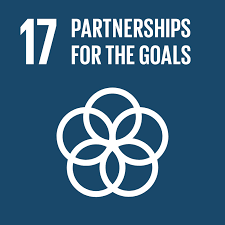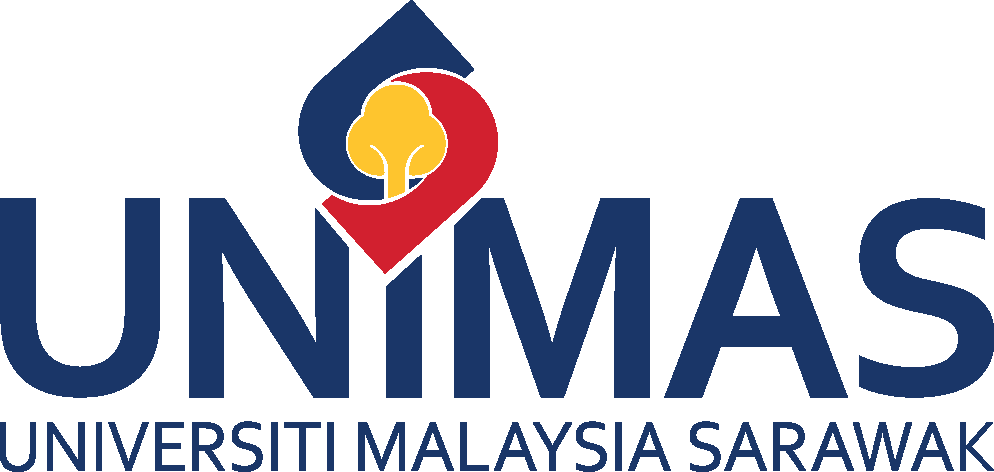
PARTNERSHIP FOR THE GOALS
Publish progress against against SDG7, either individually or within an annual report
- overall report
- separate report
No. | Description | Evidence | ||||||||||||
|---|---|---|---|---|---|---|---|---|---|---|---|---|---|---|
1. | Between 2023 and 2024, Universiti Malaysia Sarawak (UNIMAS) has solidified its role as a leader in sustainability transformation in Sarawak and Malaysia. Guided by the UNIMAS Sustainability Masterplan 2021–2025, the university advanced strategic collaborations, global engagements, and community initiatives aligned with national sustainability goals and Sarawak’s Post-COVID Development Strategy (PCDS 2030). UNIMAS actively contributed to national and regional sustainability dialogues, including the SDG Summit 2023, Malaysia Urban Forum 2023, and Sarawak Urban Forum 1.0, while publishing Malaysia’s first ESG Excellence Report by a public university. Collaborating with URBANICE Malaysia and the Sarawak Government, UNIMAS supported the Sarawak State SDG Report 2024–2025, helping develop SDG roadmaps and Voluntary Local Reviews for local authorities. Through programs like the Sustainability Design Challenge 2024 and Borneo Leadership Transformation and Strategic Programme 2024, UNIMAS continues to foster sustainability leadership, innovation, and policy impact, leaving a transformative legacy for Sarawak and the nation. | |||||||||||||
2. | UNIMAS ensures that all renovation and construction projects adhere to energy efficiency standards, promoting sustainable building practices. Plans are in place to upgrade existing buildings for higher energy efficiency, contributing to reduced energy consumption and environmental impact. UNIMAS has a structured process for carbon management, actively working towards reducing carbon dioxide emissions. An energy efficiency plan is implemented to systematically reduce overall energy consumption, with regular energy reviews helping to pinpoint areas with the highest energy waste.
| |||||||||||||


